
[ad_1]
1. Fitted N95
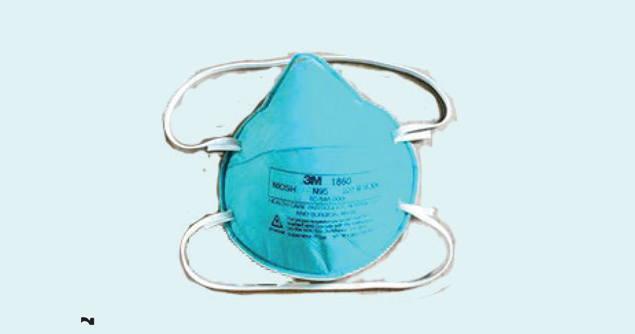
The Duke study, like several others, found fitted N95 masks the most effective at blocking droplets — less than 0.1% of droplets get transmitted through the mask. It’s the recommended mask for healthcare workers who have the greatest exposure to the coronavirus.
2. Surgical
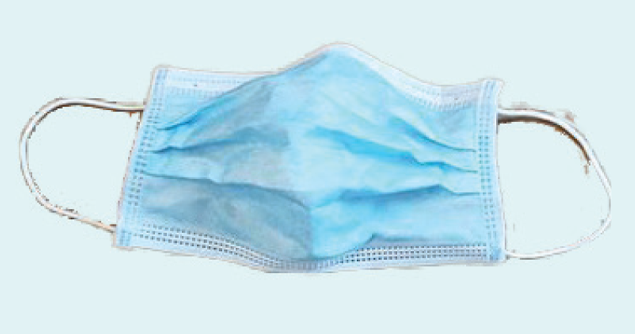
Usually three layered, disposable surgical masks are intended to prevent the wearer from spreading infection and do not fully protect the wearer from inhaling infectious particles because they are relatively loose fitting compared with N95s.
3. Three-layer cotton-polypropylene
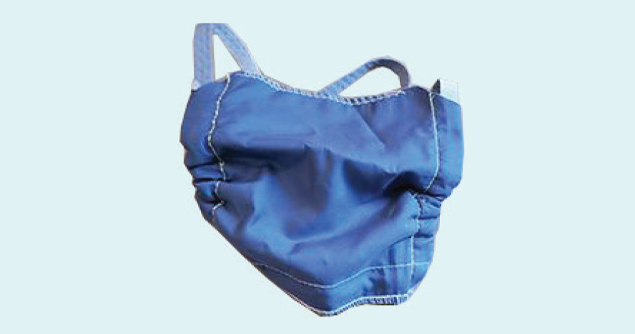
It’s time to mask up and stay safe: Join TOI’s #MaskIndia campaign
A cotton polypropylene combination mask consists of three layers — two cotton and one polypropylene in between. Polypropylene is a plastic-like material that acts as a filter. It’s capable of holding an electrostatic charge, which helps capture droplets both outside and inside the mask.
4. Two-layer polypropylene apron
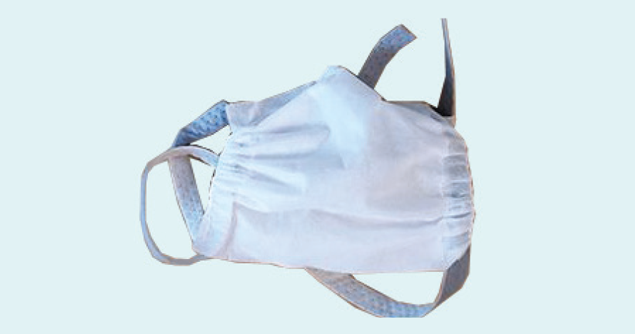
Unlike the cotton combination mask, a polypropylene apron is a two-layer mask made with the synthetic material. Adding a propylene layer to a cotton mask was found by one study to improve its effectiveness by 35%.
5. Two-layer cotton pleated with multiple strings
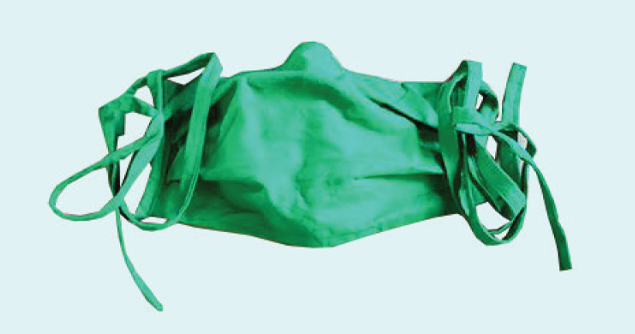
A cotton mask is the easiest type to buy or make cheaply. They are generally recommended to be two-layered and pleated at the front for increased
effectiveness. Multiple strings for tying help tighten the mask around one’s face.
6. Two-layer cotton pleated with two sets of strings
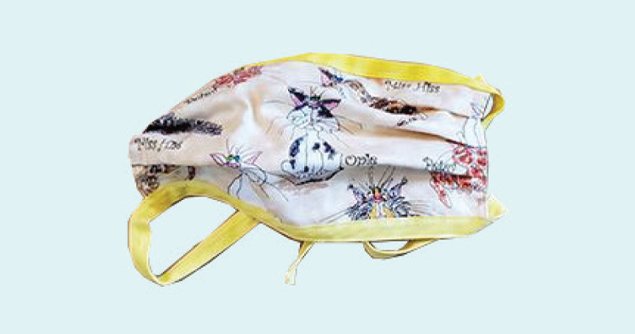
It’s similar in effectiveness to most other two-layer cotton masks, but with fewer strings to fasten around the face.
7. Valved N95
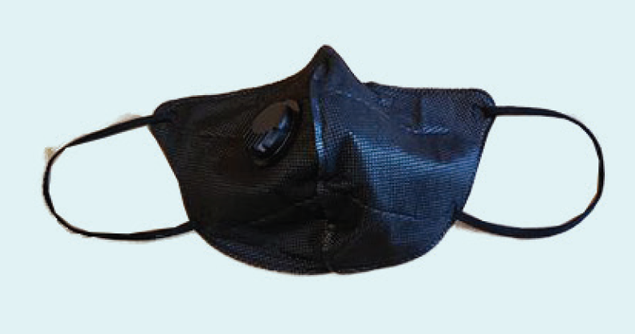
A valved N95 mask has a filter fitted into it but its main purpose is to prevent inhalation of harmful materials and help with exhalation, which may be why it’s not as effective as some other fabric masks.
8. Two-layer cotton, Olson style
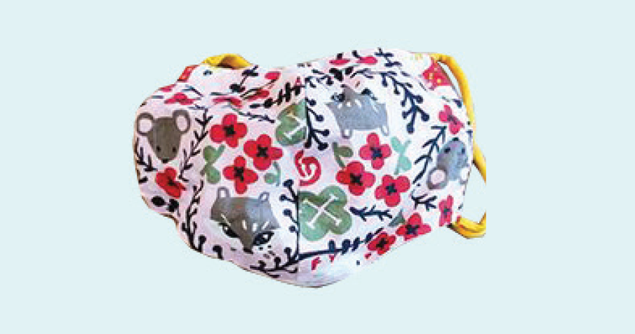
This one too can be made at home. The Olson pattern was reportedly devised by medical workers for use in the absence of surgical and N95 masks. It has a cone-shaped fit around the nose and mouth
9. One-layer polyester woven fabric
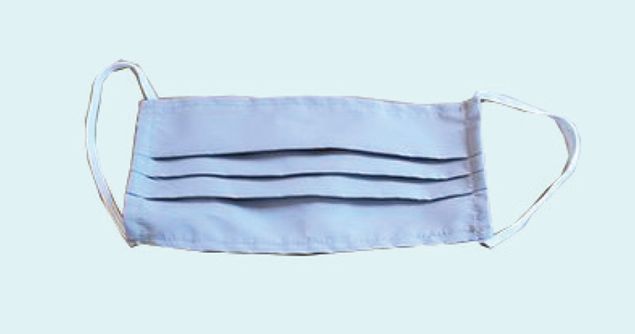
A single layer type with a 100% polyester woven medical “barrier fabric”, in this case by the North American company Maxima. This one does better than the single- or double layer cotton pleated mask.
10. One-layer cotton pleated mask
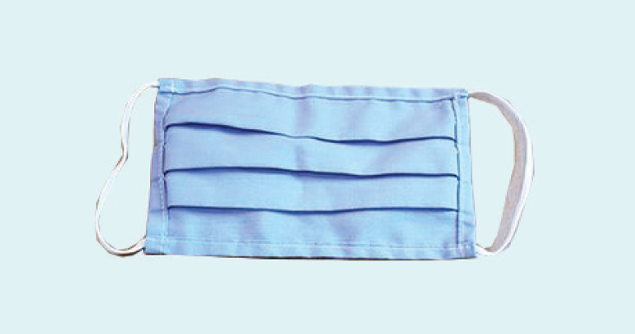
Although with a layer less, this was actually found by the study to be slightly better than the two-layer cotton pleated variant.
11. Two-layer cotton pleated with ear loops
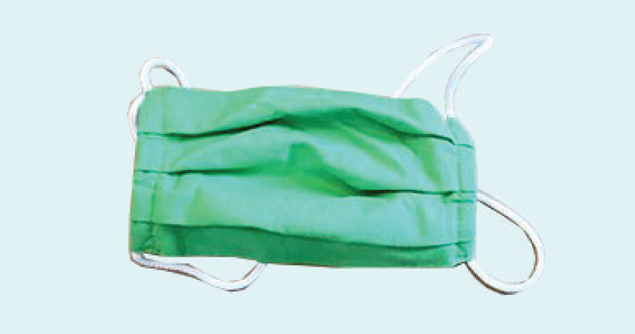
Researchers not linked to the study have said a tight-weave cotton mask is a good option although it came in below single-layer pleated cotton masks.
12. Knitted
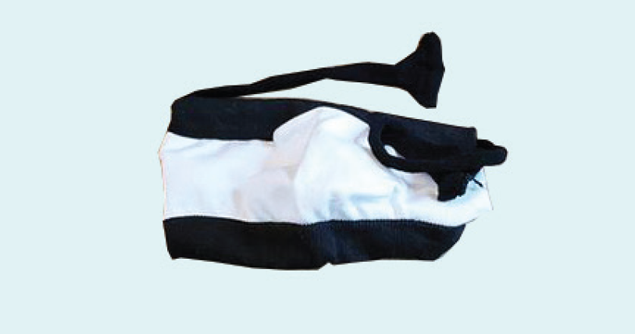
Knitted masks may not be such a good idea, according to the study, as they leave gaps for transmission of droplets
13. Bandana
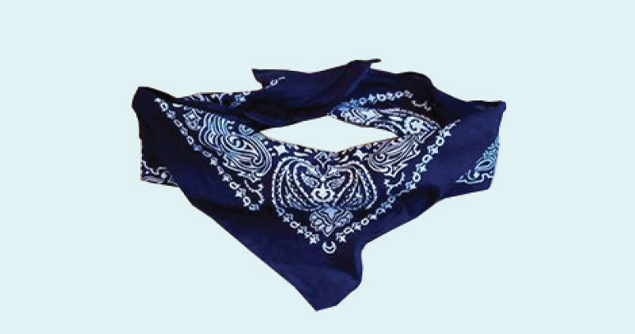
In the same category as knitted masks, the fabric involved mostly means these are ineffective against droplets.
14. Fleece neck gaiter
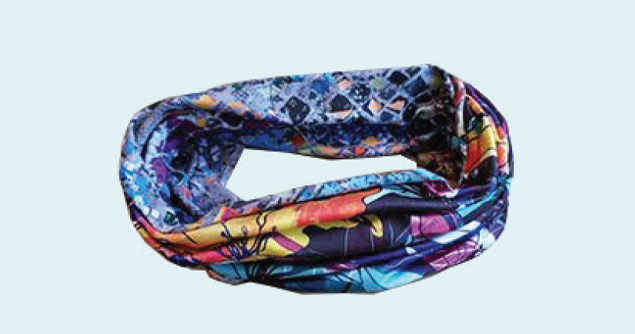
A sort of protection for the neck, the study found its fleece variant is worse than not wearing a mask as speaking through such masks breaks down larger droplets and spreads them further than when there’s no mask
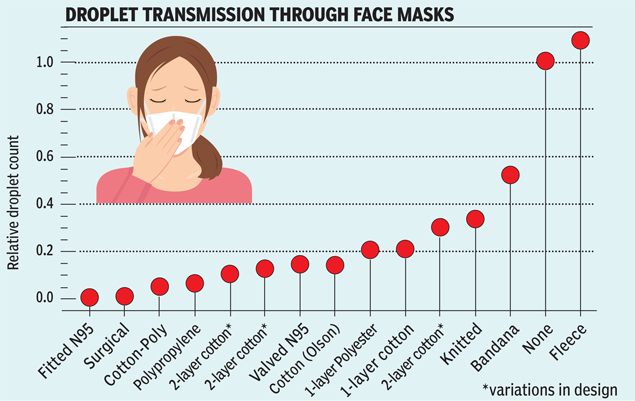
Source: ScienceMag.org; Graphic: Anil Dinod
[ad_2]
Source link